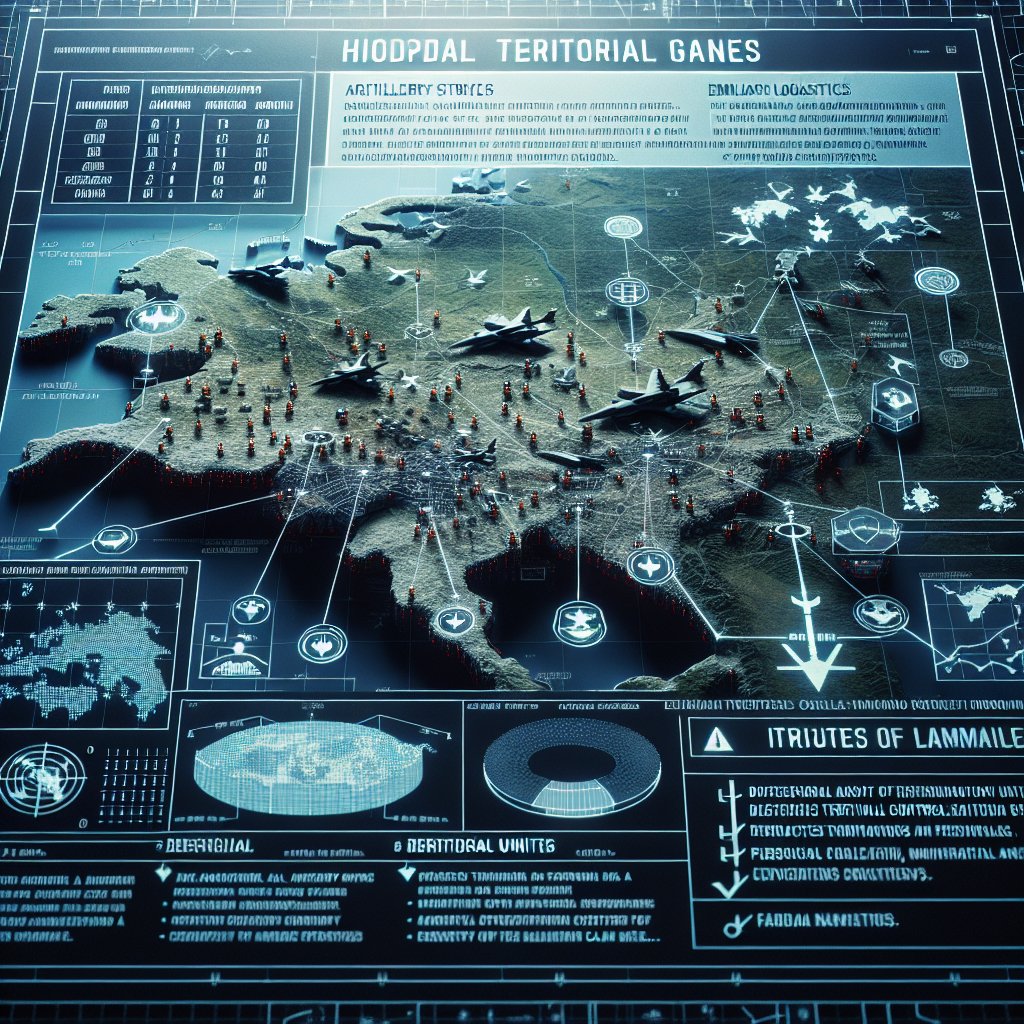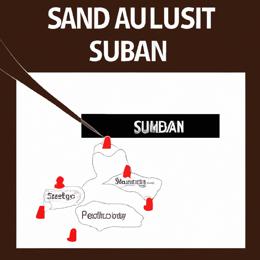Image created by AI
Tensions Escalate as Ukraine Advances into Kursk Oblast Amid Russian Repositioning Efforts
The conflict between Russia and Ukraine has entered a new phase with Ukrainian President Volodymyr Zelensky announcing substantial territorial gains in Russia's Kursk Oblast. On August 13, Zelensky claimed that Ukrainian forces currently "control" 74 localities within the oblast, a statement that, while substantial, remains somewhat ambiguous regarding the extent and permanence of control.
The Institute for the Study of War (ISW) has independently verified Ukrainian presence in approximately 41 settlements in the region but recognizes the limitation of their open-source methodology. While discrepancies exist between official Ukrainian reports and ISW's findings, it is important to note that such variations do not imply inaccurate reporting by Ukrainian officials but rather reflect the continuing fluidity of the frontline and the complexity of gaining a comprehensive understanding of the situation using only publicly available sources.
Zelensky stressed the strategic importance of the ongoing operation in Kursk Oblast. Not only is it aimed at reclaiming land and curbing artillery strikes from Russia — with over 2,100 reported artillery attacks coming from the region into Ukraine's Sumy Oblast since June — but it is also designed to disrupt Russian military logistics and personnel movement, particularly to reinforce conflict areas like Donetsk Oblast.
Moreover, Heorhiy Tykhyi, the Ukrainian Ministry of Foreign Affairs (MFA) Spokesperson, iterated that Ukraine's actions were defensive in nature, emphasizing the country's right to protect itself amid continued Russian aggression. This sentiment was echoed by US officials, who reinforced that a swift resolution could be achieved should Russian forces withdraw from Ukraine altogether.
Despite these declarations, Russian milbloggers have noted that Ukrainian forces continue their advance amid efforts by Russian units to stabilize the frontline. Reports of engagements in northeastern and northwestern precincts near Korenovo and Tolpino suggest ongoing offensive operations by Ukraine, with Russian military bloggers also acknowledging Ukrainian territorial gains in the vicinity of Sudzha.
Concerning the Russian military’s response to the Ukrainian incursion, it has been noted that select elements from irregular units, including the "Sarmat" Battalion and the Russian Volunteer Corps, were possibly diverted from their duties in Donetsk Oblast to counter the Ukranian advance. This redeployment could potentially influence the pace of Russian operations in Donetsk, a region critical to their strategic objectives.
On the Russian homefront, Kremlin insider reports indicate that Russian President Vladimir Putin has assigned Presidential Aide Alexei Dyumin to oversee the "counterterrorism operation" in Kursk Oblast, an initiative reflective of a possible restructuring of Russia’s military-political leadership in response to the Ukrainian offensive.
This conflict's landscape remains malleable, with both nations continuing to adapt their military strategies accordingly. Amid these military developments, Russian authorities have continued their efforts to control the narrative by imposing fines on messaging platforms like Telegram and WhatsApp for failing to censor content deemed inappropriate by Moscow's standards.

